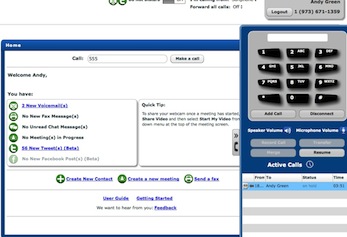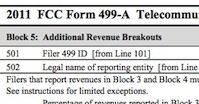When Comcast acquired NBC from General Electric, one of the conditions in the FCC order approving the acquisition was that this media conglomerate must carry in their existing news neighborhoods “all independent news and business news channels”—like, for example, Bloomberg’s upstart TV channel.
You knew Comcast wasn’t going to make this easy.
Earlier this month, Bloomberg filed a complaint with the FCC against Comcast in which it documented in excruciating detail how in the 35 most populous DMAs (designated market areas), Comcast effectively exiles Bloomberg’s content away from a key block of consecutive news channels.
The correspondence summarized in the complaint between Dan Doctoroff, President of Bloomberg, and Comcast’s Neil Smit is comical in a bureaucratic, miscommunication kind of way.



 It’s a slow afternoon here, so I had a little time to consider one mind-numbing regulatory aspect of the growing number of group messaging and conferencing startups.
It’s a slow afternoon here, so I had a little time to consider one mind-numbing regulatory aspect of the growing number of group messaging and conferencing startups.